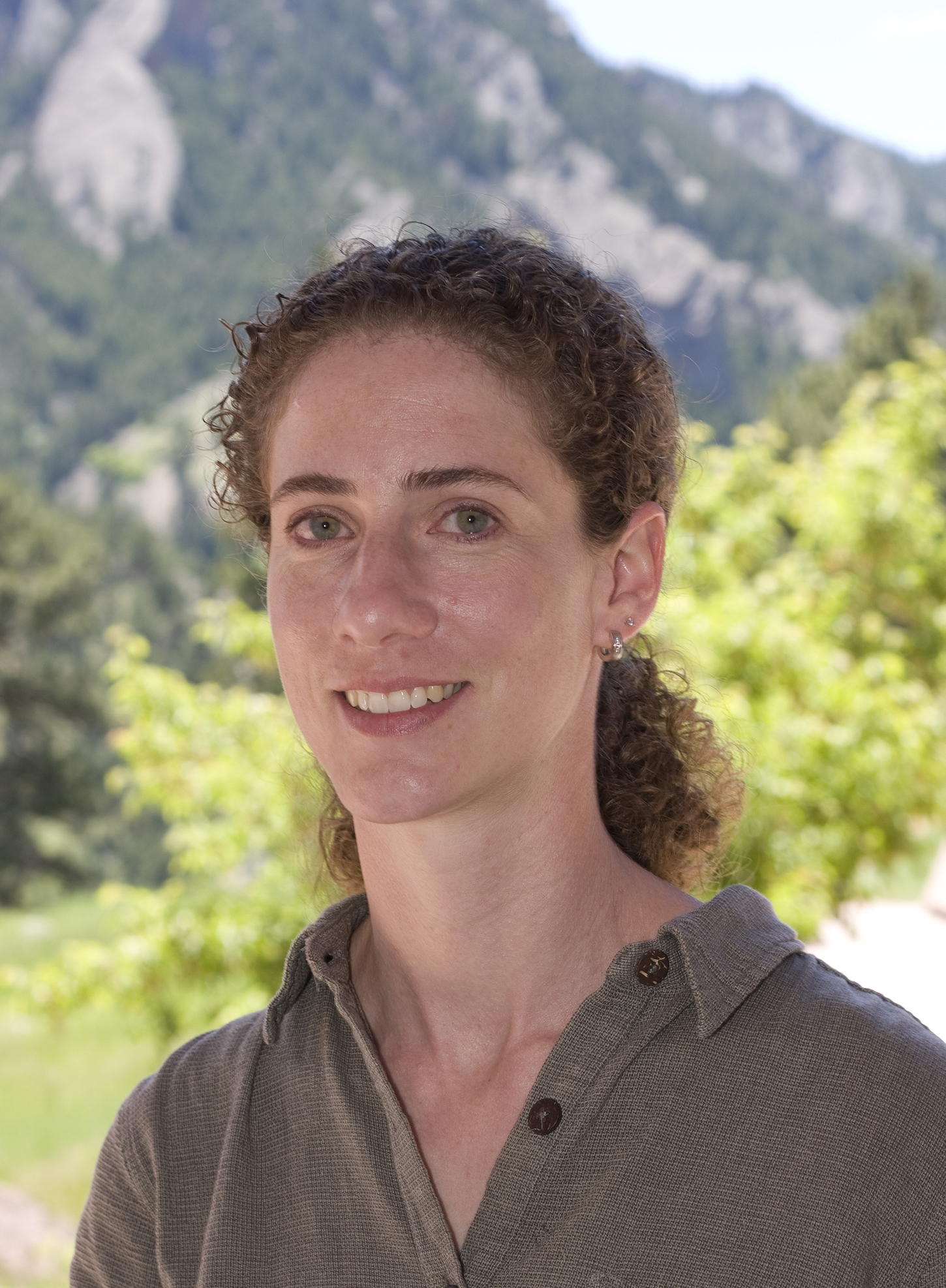Physical, Social, Cultural, and Economic Impacts: The Gulf Coast as a Microcosm of Global Change
Sunday, 12 January 4:00 PM - 5:15 PM CT, Great Hall A, New Orleans Ernest N. Convention Center
Join us for a compelling fireside chat at the AMS 105th Annual Meeting’s Presidential Forum, exploring the multifaceted challenges and opportunities presented by climate change and emphasizing the importance of scientific advances, policy development, and public engagement.
The theme of the 2025 AMS Annual Meeting addresses the impacts of global environmental changes to physical, societal, cultural, and economic systems across space and time scales. Throughout the week of the Annual Meeting, daily Presidential Sessions will address a variety of topics to highlight actionable science for society at large that aims to chart a future course for a more resilient and thriving planet. To define the framework for the daily Sessions, and because impacts to physical and socioeconomic systems are perhaps nowhere more pronounced than the broader region of the Mississippi River Delta, the Presidential Forum will stress the effects of environmental changes across scales on the various sectors of the broad area encompassing the delta and surrounding regions.
The Mississippi River Delta and surrounding environments have endured impacts due to acute and chronic aspects of global environmental change. Impacts from acute events such as landfalling, rapidly intensifying hurricanes, and non-hurricane episodes of extreme rainfall are compounded by effects from chronic changes such as sea-level rise and increasing air temperature. The intensifying acute and chronic impacts spread through physical, social, cultural, and economic systems at varying intensities to cause disarray across space and time scales. Consequently, a wide range of strategies are required to increase resilience and best manage the broad physical and socioeconomic systems of the region
Although the Delta and surrounding region have withstood impacts from acute and chronic environmental changes, it is also a region with broad expertise in scholarly, policy, governance, and management approaches to understanding drivers of physical and socioeconomic impacts. This expertise collectively allows for the identification and implementation of actions to improve resilience and adaptation such that the broad physical and socioeconomic systems of the region are minimally impacted and addressed equally throughout the region. Therefore, the Presidential Forum, which is conducted on Sunday afternoon before the start of the general sessions of the Annual Meeting on Monday, will bring experts from the broad region of the River Delta to discuss strategies and actions that have been implemented and those yet needed. The Forum aims to bring broad attention to issues that will be addressed in more detail during individual Presidential Sessions held throughout the week and in the context of the variety of sciences addressed by members of the American Meteorological Society.
Moderator:

Dr. Rebecca E. Morss
Dr. Rebecca E. Morss is a Senior Scientist at the U.S. National Science Foundation National Center for Atmospheric Research (NSF NCAR) in Boulder, Colorado.
Panelists:

Dr. Virginia Burkett
Virginia Burkett is the Chief Scientist for Climate and Land Use Change at the United States Geological Survey. Dr. Burkett has published roughly 100 journal articles, book chapters and reports that focus on wetlands, global change, and low-lying coastal systems.

Dr. James Marshall Shepherd
Dr. J. Marshall Shepherd is a leading international expert in weather and climate and is the Georgia Athletic Association Distinguished Professor of Geography and Atmospheric Sciences at the University of Georgia.
.png)
Dr. Antonio Busalacchi
Antonio J. Busalacchi became president of UCAR in August 2016. An expert in Earth’s climate system and ocean-atmosphere interactions, he helps guide NCAR’s world-leading research into the Earth system sciences and its support of the research community through supercomputing, observing instruments, and community models.
Dr. Beverly Wright
Founder and Executive Director of the Deep South Center for Environmental Justice and member of the White House Environmental Justice Advisory Council.
